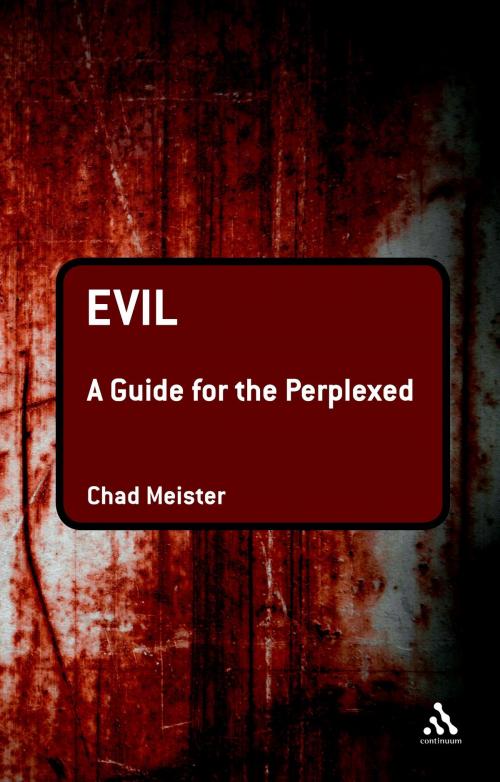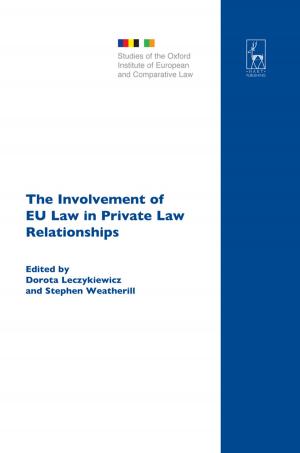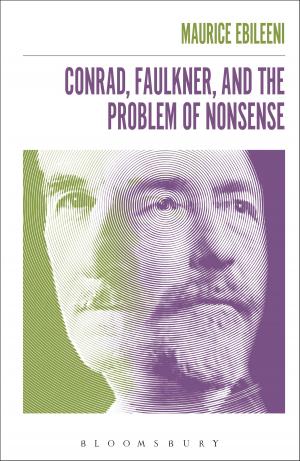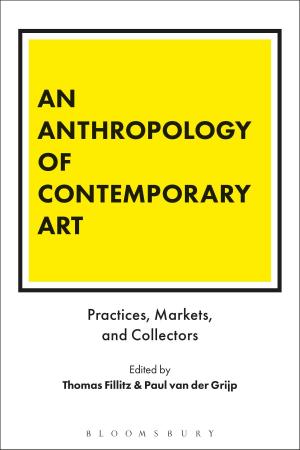| Author: | Professor Chad V. Meister | ISBN: | 9781441120588 |
| Publisher: | Bloomsbury Publishing | Publication: | April 5, 2012 |
| Imprint: | Continuum | Language: | English |
| Author: | Professor Chad V. Meister |
| ISBN: | 9781441120588 |
| Publisher: | Bloomsbury Publishing |
| Publication: | April 5, 2012 |
| Imprint: | Continuum |
| Language: | English |
One of the most perplexing problems facing believers in God is the problem of evil. The words of Epicurus put the point concisely: "Either God wants to abolish evil, and cannot; or he can, but does not want to. If he wants to, but cannot, he is impotent. If he can, but does not want to, he is wicked. If God can abolish evil, and God really wants to do it, why is there evil in the world?" This is a difficult problem to unpick and it remains an issue that continues to concern people and inspire debate.
The problem has taken a variety of forms over the centuries; in fact, there are numerous "problems" of evil-problems for theists but, perhaps surprisingly, problems for non-theists as well. Evil: A Guide for the Perplexed explores, in a rigorous but engaging way, central challenges to religious belief raised by evil and suffering in the world as well as significant responses to them from both theistic and non-theistic perspectives.
One of the most perplexing problems facing believers in God is the problem of evil. The words of Epicurus put the point concisely: "Either God wants to abolish evil, and cannot; or he can, but does not want to. If he wants to, but cannot, he is impotent. If he can, but does not want to, he is wicked. If God can abolish evil, and God really wants to do it, why is there evil in the world?" This is a difficult problem to unpick and it remains an issue that continues to concern people and inspire debate.
The problem has taken a variety of forms over the centuries; in fact, there are numerous "problems" of evil-problems for theists but, perhaps surprisingly, problems for non-theists as well. Evil: A Guide for the Perplexed explores, in a rigorous but engaging way, central challenges to religious belief raised by evil and suffering in the world as well as significant responses to them from both theistic and non-theistic perspectives.















